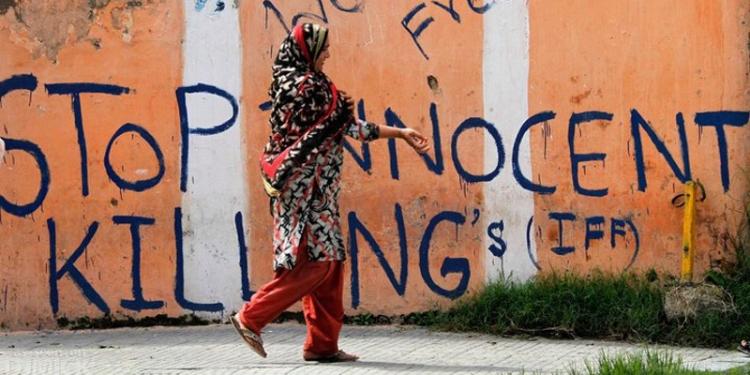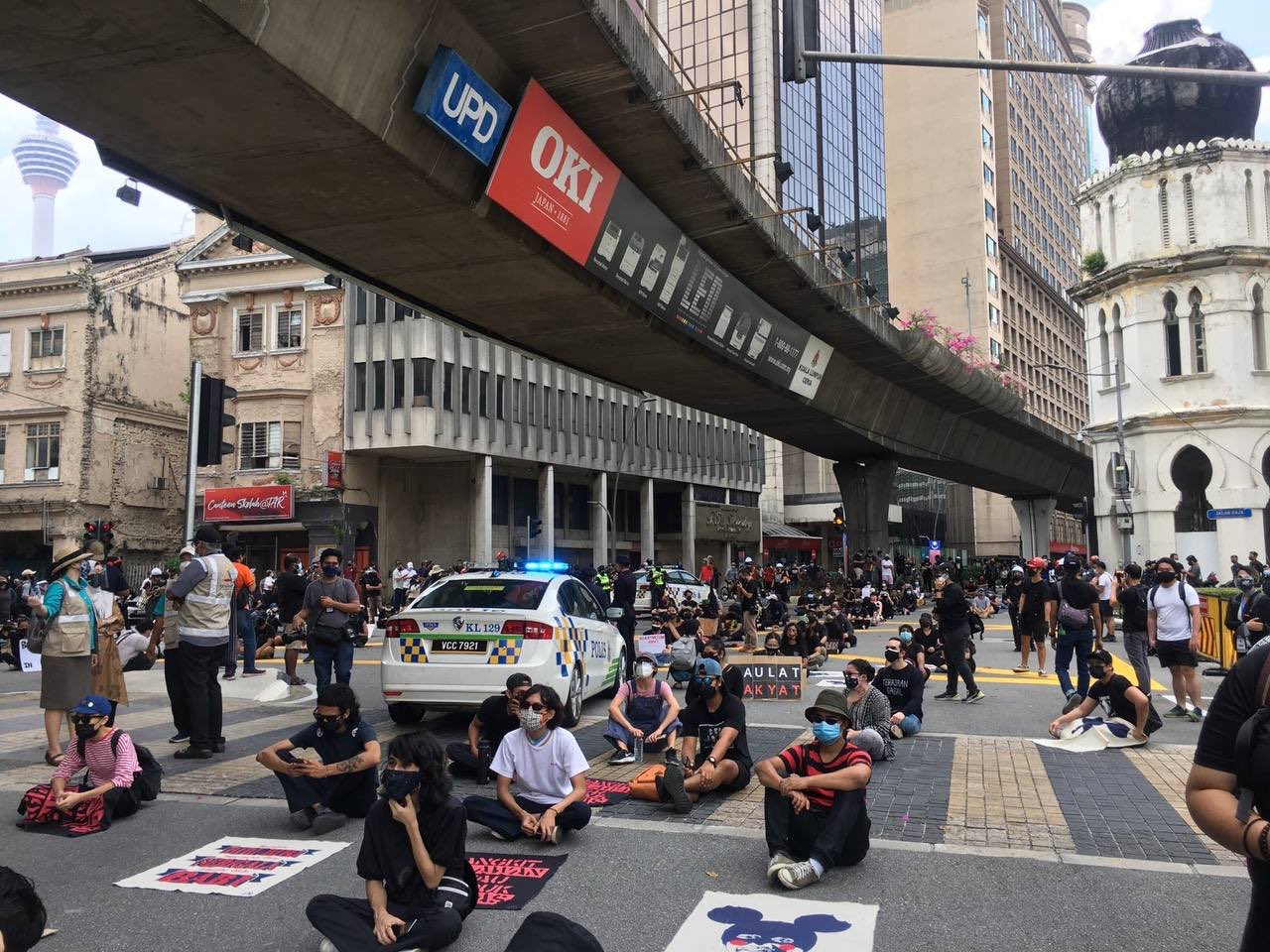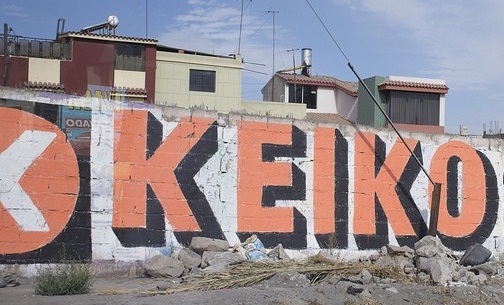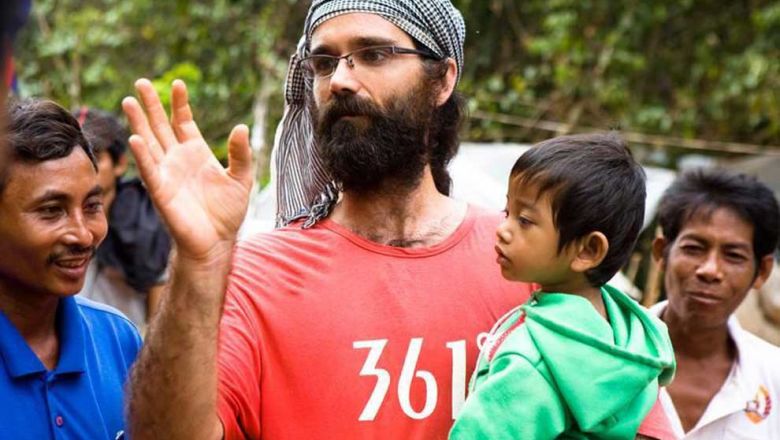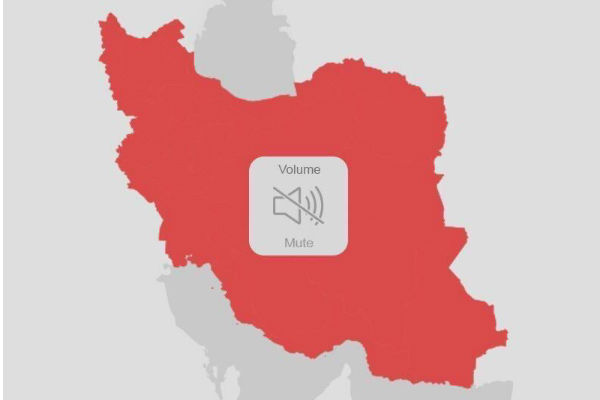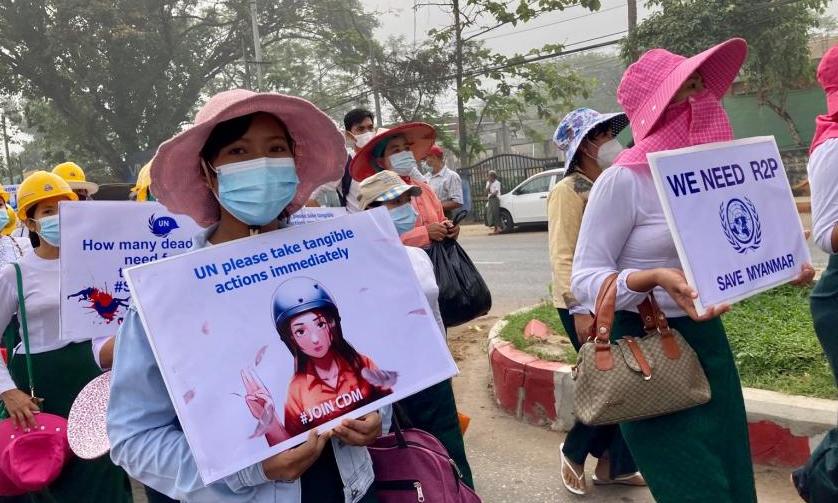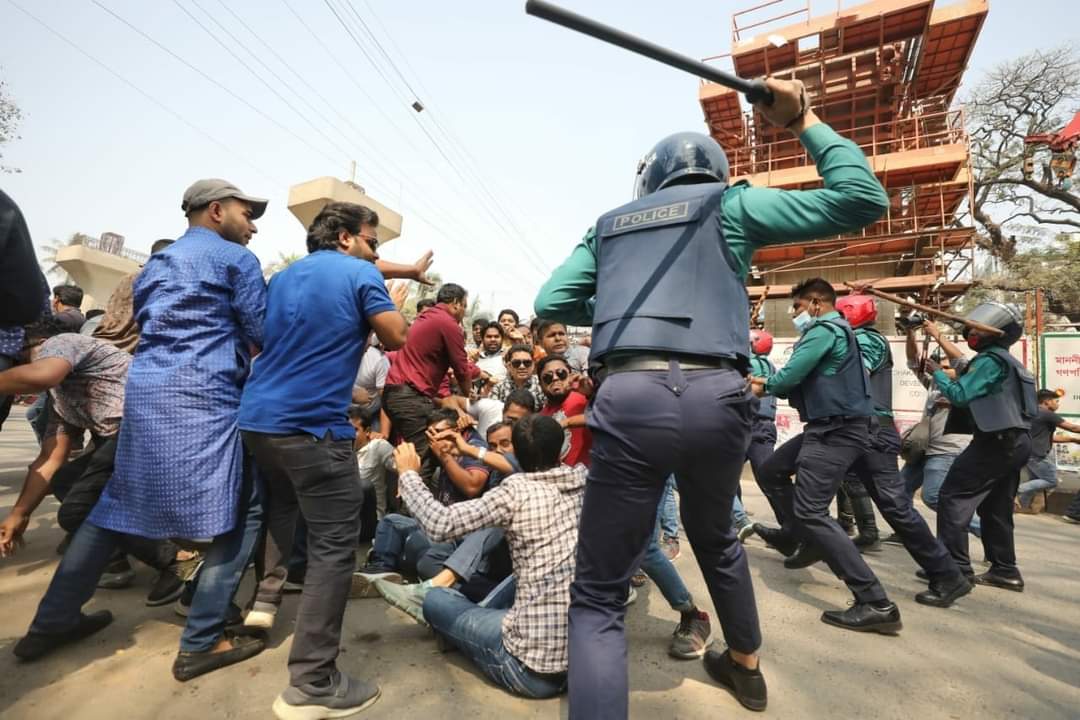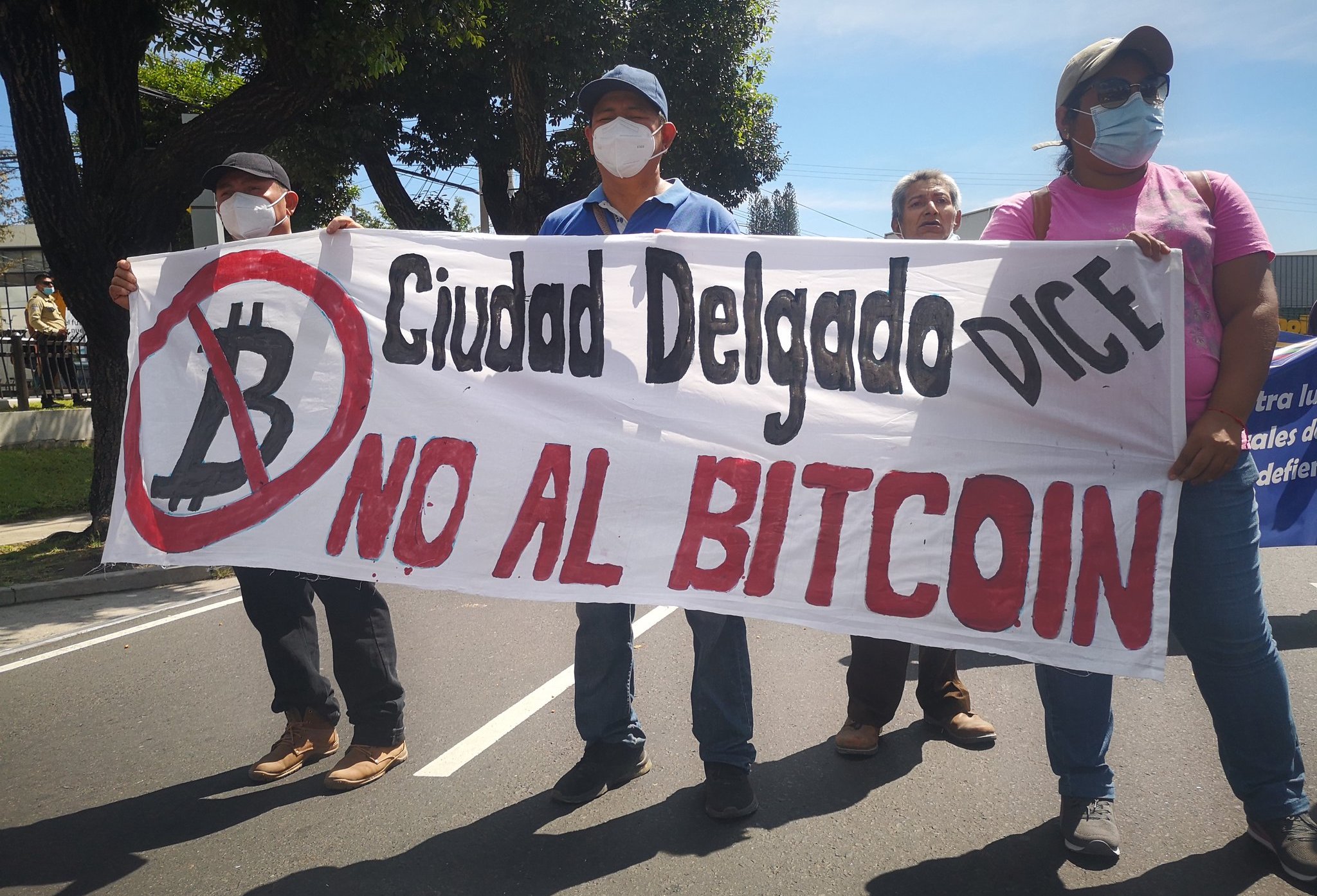
Anti-Bitcoin protests shake El Salvador
Protests repeatedly erupted in El Salvador as the country became the first to make Bitcoin legal tender. The US dollar also remains official currency, but the law pushed through by President Nayib Bukele mandates that all vendors also accept Bitcoin. Small merchants and especially those in the informal sector complain of problems in trying to download the official phone app needed to use the currency. Protesters say the new law will deepen poverty by further excluding the already marginalized from the economy. They also assert that it will further enable corruption. “This is a currency that’s not going to work for pupusa vendors, bus drivers or shopkeepers,” one protester told Reuters. “This is a currency that’s ideal for big investors who want to speculate with their economic resources.” (Photo via Twitter)



